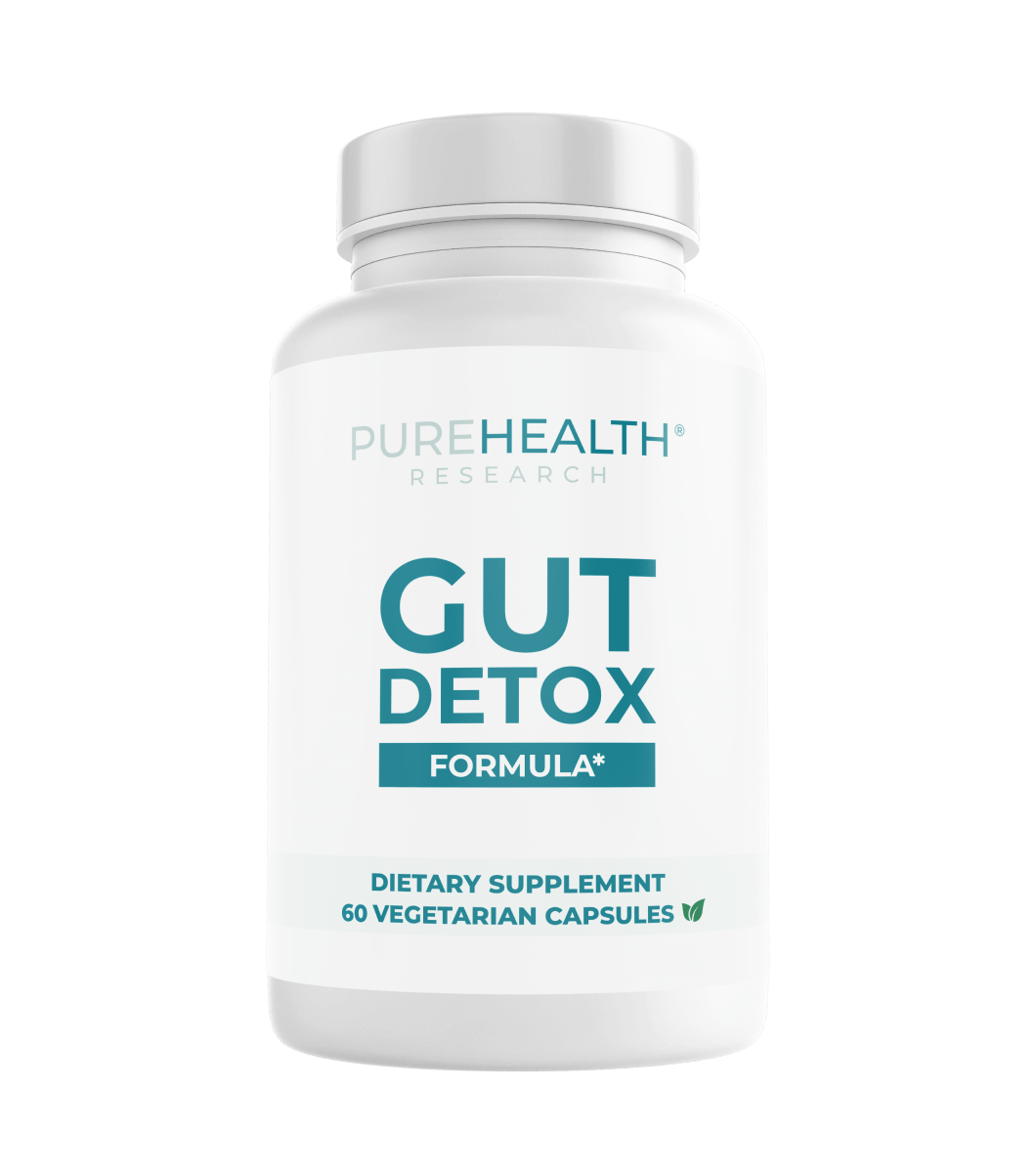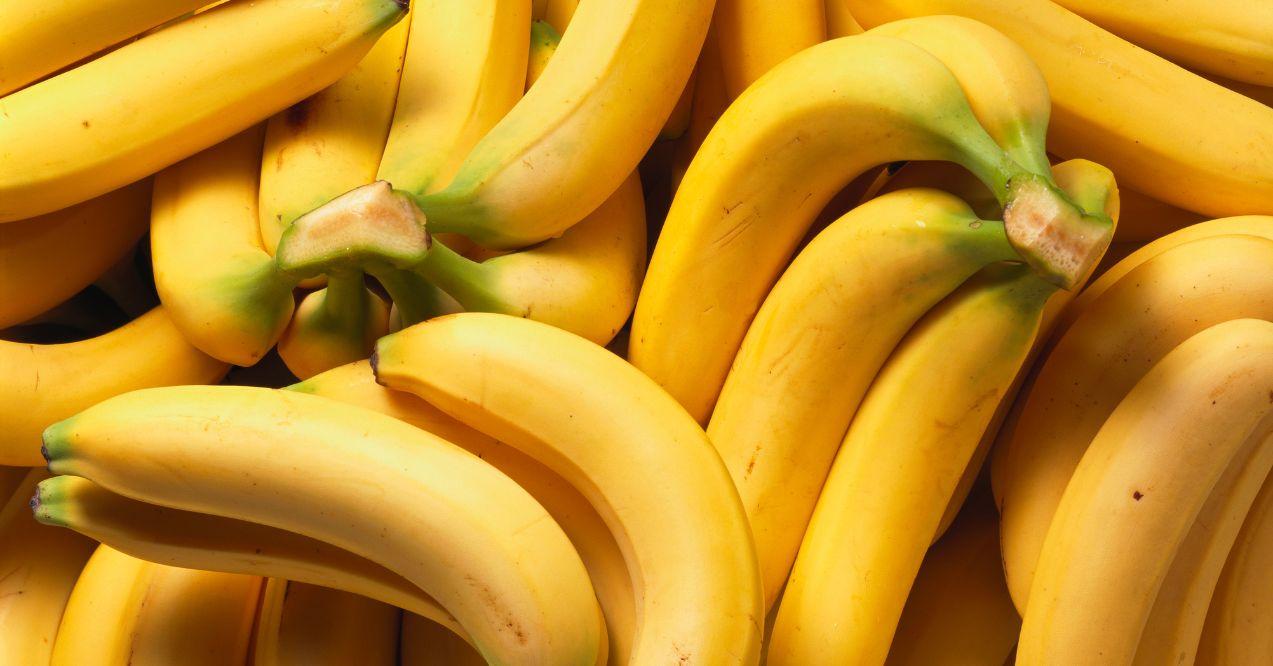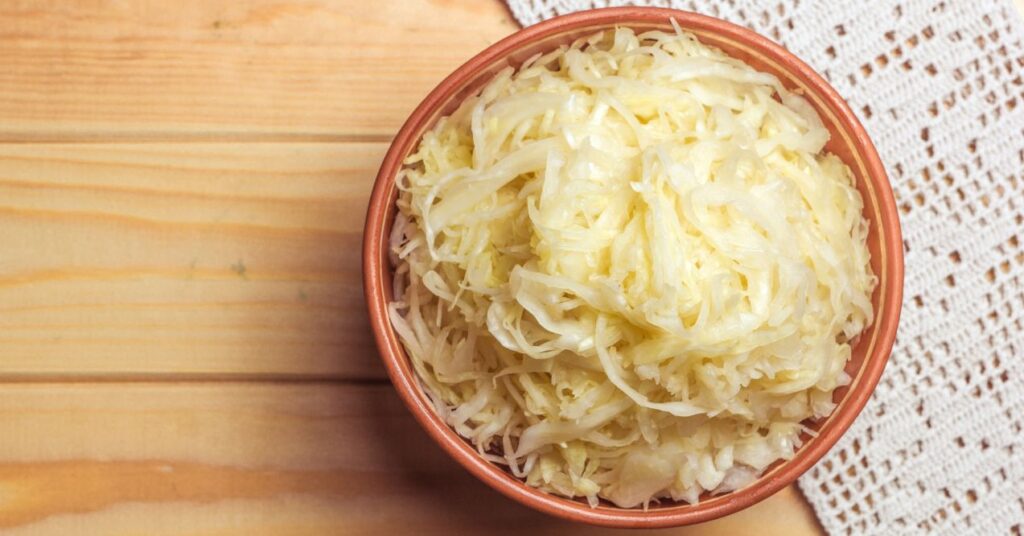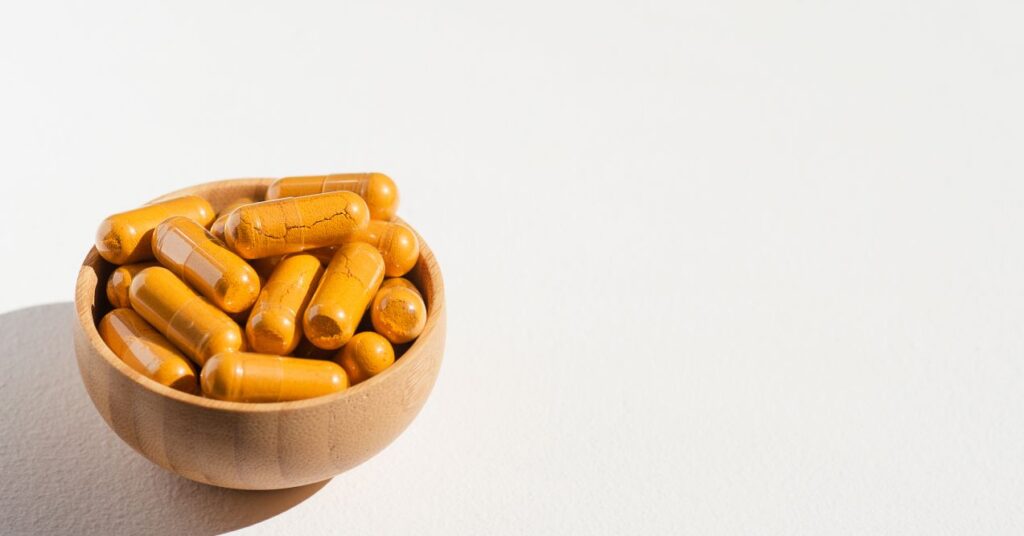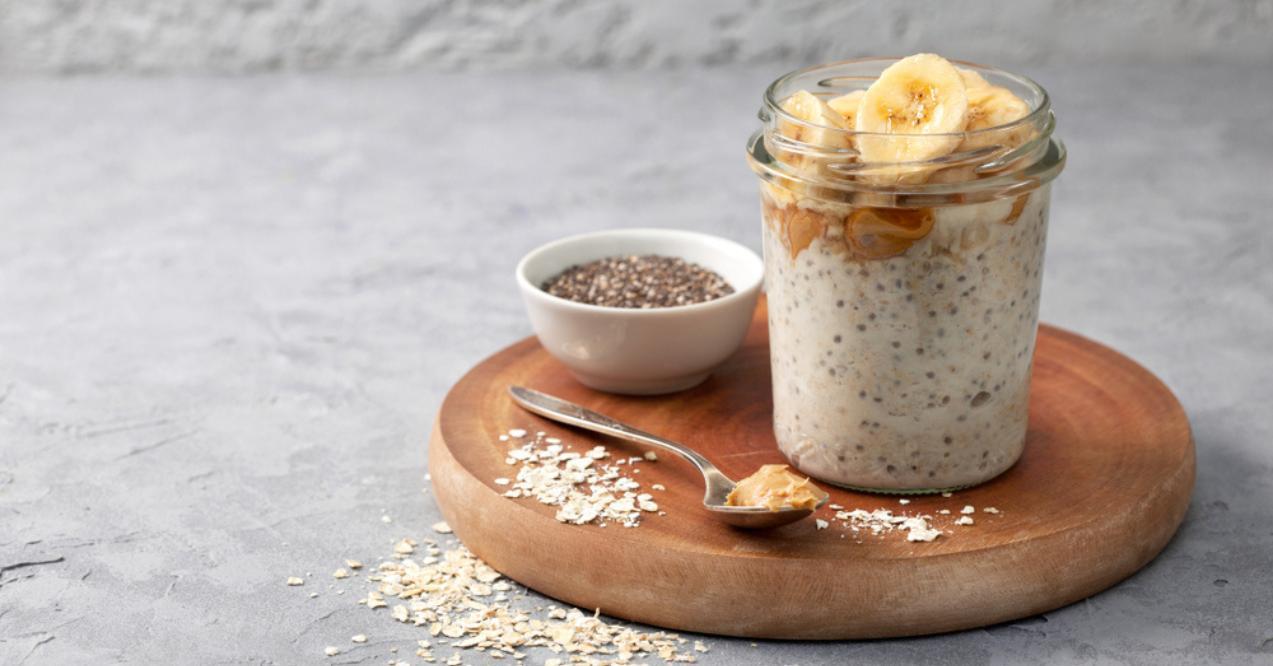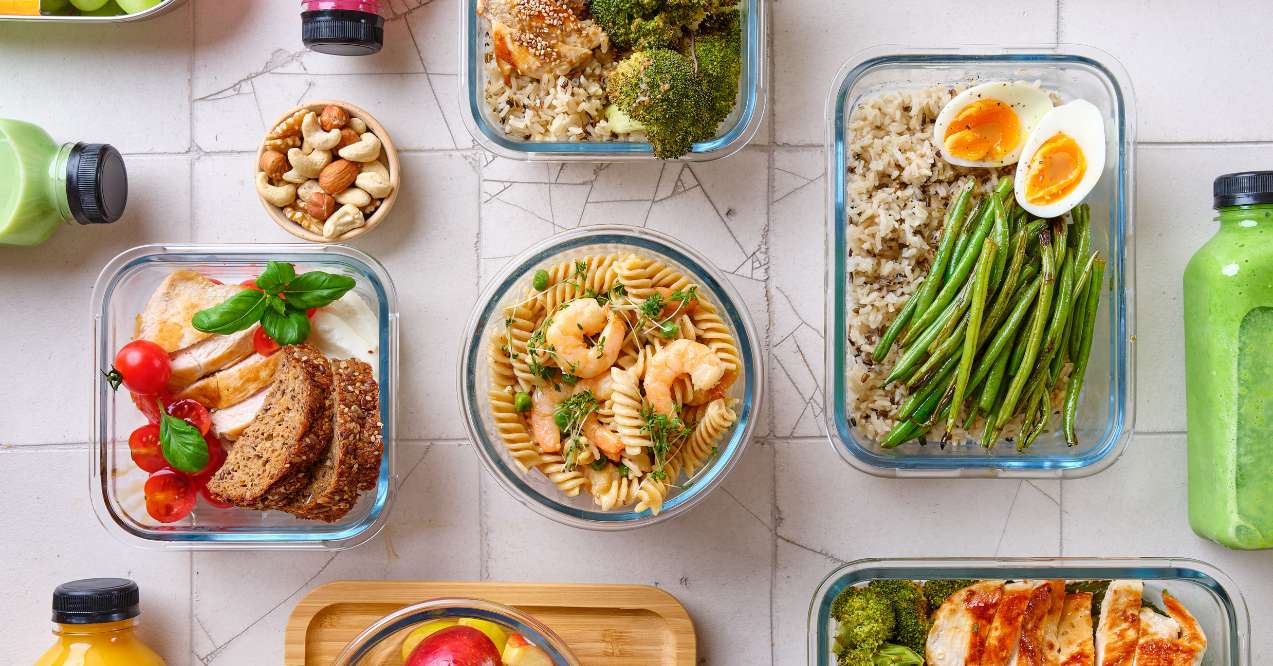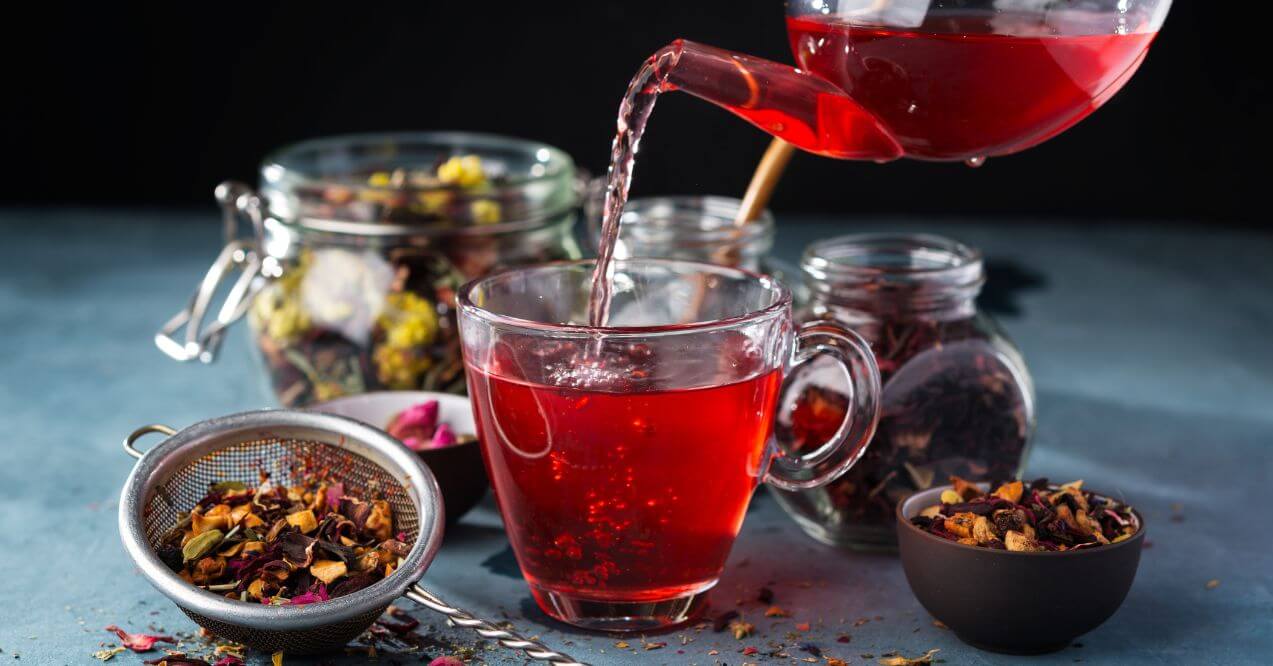Best Detox for a Bloated Stomach (Easy Guide)


Are you tired of feeling uncomfortable after meals or struggling to button your favorite pants? You’re not alone. Did you know that nearly 1 in 7 adults experienced bloating in the last week!? It’s time to take back control of your digestive comfort.
In this guide, we’ll explore the root causes of that bothersome bloat and reveal the best detox for a bloated stomach, tailored for our unique needs as we age. We’ll uncover gentle, effective ways to rejuvenate your gut health and introduce a promising solution that could make a world of difference. Get ready to rediscover the joy of feeling comfortable and energetic in your golden years!
What Causes Bloating?
Bloating can be an unwelcome visitor for many, and while its triggers are numerous, understanding them is the first step towards relief. At a basic level, swallowing air, consuming gas-inducing foods, or eating too rapidly can instigate bloating. For a more comprehensive view, let’s delve into some primary reasons:
1. Diet
What you eat, how much, and how quickly can all play a role in bloating. Let’s break down some dietary factors contributing to that uncomfortable full feeling:
- Excess Salt: While the body requires salt, excessive intake can lead to water retention and feeling bloated. It’s a misconception that only overly salty foods are the culprits. Processed foods, prepackaged meals, and fast foods often contain high sodium levels, even if they don’t taste overly salty. It’s essential to regularly check food labels for sodium content to monitor your intake.
- Carbohydrate Consumption: Carbohydrates fuel our body. However, overindulging, especially in simple carbs like candies, pastries, and soft drinks, can cause water retention. These carbs enter the bloodstream rapidly, leading to bloating. Nevertheless, complex carbs found in whole grains, fruits, and vegetables take longer to digest, reducing the immediate risk of bloating.
- Overeating: The human stomach has a limited capacity, roughly the size of a fist. Overloading it, particularly with salty foods and carbohydrates, can stretch it and induce bloating. It’s advisable to eat slowly, allowing your brain enough time (typically 20 minutes) to register fullness, thereby preventing overeating.
- Carbonated Drinks: Beverages like sodas, seltzers, beer, and champagne contain gas-filled bubbles. Consuming them introduces this gas into the digestive system. While burping can expel some, the rest travels to the intestines, causing bloating.
- Dairy Intolerance: For some individuals, digesting lactose can be challenging. This intolerance can lead to gas, stomach pain, and bloating. If lactose is a problem, it’s advisable to reduce dairy consumption or opt for lactose-free alternatives.
- Fructose: Fructose can be challenging for some people to digest, leading to gas, bloating, and discomfort. High fructose corn syrup, commonly added to many processed foods, can increase these issues.
- High Fat Foods: While fats are essential for various bodily functions, excessive intake can slow digestion. This prolonged digestive process can lead to a bloated sensation.
- FODMAPs: Certain carbohydrates called FODMAPs are digested near the intestine’s end, where bacteria feed on them. This can cause some individuals to experience gas, fluid buildup, and bloating. Foods rich in FODMAPs include certain fruits, vegetables, whole grains, and dairy products. If you suspect FODMAPs, consulting with a dietitian or doctor is advised.
Understanding the dietary contributors to bloating can help individuals make informed decisions about food consumption. While everyone’s digestive system and tolerances are unique, being mindful of these common triggers can alleviate or even prevent uncomfortable bloating.
2. Digestive Issues
For some individuals, persistent stomach bloating isn’t just a fleeting issue but might indicate an underlying digestive disorder related to the digestive system. These conditions can include:
- Irritable Bowel Syndrome (IBS): This condition makes the gut especially sensitive to certain foods and stress. These sensitivities can trigger irregular contractions in the intestines, leading to the accumulation of gas and subsequent discomfort.
- Gastritis: This condition involves the inflammation of the stomach lining. Bacterial infections, excessive alcohol consumption, or prolonged use of certain medications are usually the root causes of gastritis.
- Parasitic Infections: Certain parasites, for example giardia live in the digestive system. They can lead to symptoms like diarrhea, stomach pain, and bloating.
- Food Intolerances: Food intolerances usually stem from the digestive system’s inability to process particular ingredients, such as lactose or gluten. To address these symptoms and identify the root cause, healthcare professionals often recommend tracking one’s diet and symptoms
If you’re experiencing extreme bloating or noticing consistent and unusual symptoms, it’s essential to consult a medical professional. They can provide a comprehensive evaluation, rule out serious underlying conditions, and offer tailored advice on managing and treating your symptoms.
3. Hormones
Hormonal changes also contribute to bloating, especially in women. These shifts during their period might cause water retention, resulting in transient abdominal bloating. In addition, hormonal changes during pregnancy might lead to puffiness and uneasiness.
Estrogen and progesterone, two major female hormones, influence fluid levels and gastrointestinal motility. Adjustments in these hormone levels might cause digestion delay and water retention. Consequently, this can cause a feeling of bloating and discomfort in the abdomen.
While hormonal bloating is usually transient and goes away as hormone levels return to normal, controlling general hormonal health via a balanced lifestyle and good self-care can help lessen its effects. If the bloating persists or other troubling symptoms accompany it, it is best to seek medical attention.
Best Detox for Bloated Stomach
Since detoxing will not miraculously eradicate bloating, proper detox techniques can help relieve discomfort, improve digestion, and general wellness. In this scenario, detoxing does not necessarily imply severe measures; rather, it emphasizes developing attentive behaviors that help minimize bloating and support digestive health.
These techniques, which range from diet to lifestyle changes, offer relief and contribute to a healthier stomach. Keep in mind that individual reactions to these practices may vary, so pay attention to your body and look for medical attention if symptoms persist. Let’s look into a few detox practices for bloating below.
1. Avoid Foods That Cause Bloating
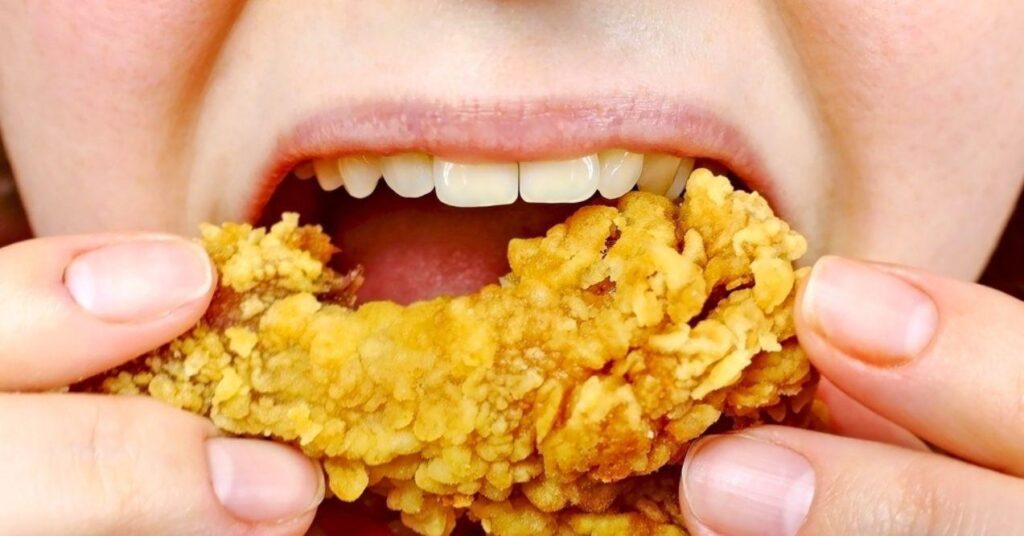
It goes without saying that the best way to go about something causing you trouble is to stay away from it, or in other words, avoid it. With bloating, the best decision you can make to get rid of this menace is to avoid foods that cause the condition.
- High-Sodium Meals: Avoid high-sodium meals, such as packaged snacks and canned soups, since their salt concentration can cause water retention and stomach distension.
- Carbonated Beverages: Substitute carbonated beverages with hydrating options such as water or herbal teas. Carbonated drinks bring additional air into the digestive tract, worsening bloating. As we’re sure you are aware, sweetened beverages cannot be your detox drink for a bloated stomach.
- Processed Foods: Processed foods high in chemical preservatives and additives might interfere with digestion and contribute to bloating. You should, therefore, prioritize switching to whole, natural foods.
- Cruciferous Veggies: While cruciferous veggies like broccoli, cabbage, and cauliflower contain tons of health benefits, their complex carbohydrates can cause flatulence. Similarly, the fiber and complex carbohydrates found in legumes, such as beans and lentils, may have you passing wind more frequently.
- Dairy Foods: Needless to say, lactose intolerant individuals should minimize their dairy consumption. Greasy, fatty foods inhibit digestion, causing feelings of fullness and bloating.
- Artificial Sweeteners: Artificially produced sweeteners can ferment in the digestive tract, creating gas and bloating. Avoid ingredients such as aspartame, sucralose, saccharine, sorbitol, mannitol, and xylitol.
- Legumes: Beans, lentils, and chickpeas contain lots of fiber as well as intricate carbohydrates, and these can be difficult for some people to digest, producing gas that causes bloating.
What we’re saying here is: choose a healthy diet for stomach bloating reduction and detox. When it comes to the best detox for a bloated stomach, it doesn’t get better than this.
2. Stay Active

Taking part in frequent physical activity is an essential component of effective detox methods that seek to minimize stomach bloating and promote a healthier, more comfortable gut. Being active not only contributes to overall well-being but also aids digestion and relieves stomach discomfort.
Where it concerns bloating, exercise functions as a natural stimulant for the gastrointestinal tract. Even modest activities such as brisk walking, cycling, or yoga could enhance intestinal motility, allowing food to flow more easily through the GI tract. These practices can help prevent constipation, which is among the leading causes of bloating. Talk of a natural detox for a bloated stomach!
Regular physical activity also promotes blood circulation to the abdomen, boosting the effective performance of digestive organs like the stomach and intestines. Additionally, being active helps to reduce extra gas accumulation in the digestive tract.
Consistency is crucial when it comes to combating bloating with exercise. Strive for at least 30 minutes of light exercise on most days of the week. It is essential to select things that you enjoy so that you can keep to your regimen. Furthermore, drinking enough water prior to, during, and after exercise is essential, as dehydration can exacerbate bloating.
Physical activity does not have to be difficult to incorporate into your daily routine. Using the staircase instead of the lift, taking a quick stroll after meals, and stretching are all simple strategies that keep your body active and your digestion on course. Nevertheless, you should visit a healthcare practitioner before beginning a new fitness plan if you have any existing health issues or have not been active in a long time.
3. Add Detox Drinks to Your Routine
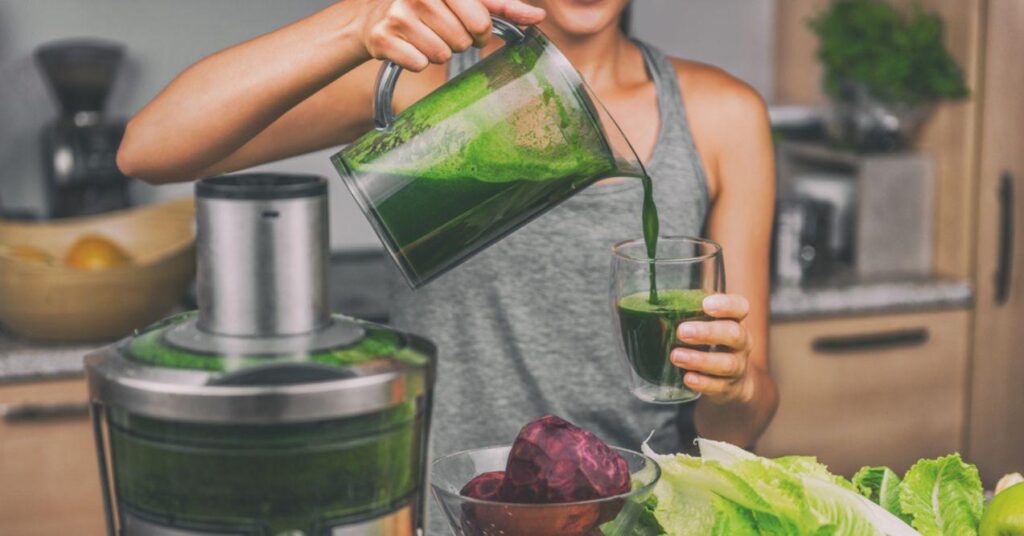
Many may wonder: do detox drinks actually work? Well, most detox drinks contain ingredients that might aid digestion and reduce gut inflammation, enhancing nutrient absorption and improving gastrointestinal regularity. Detoxing a stomach full of gas entails incorporating methods that improve digestion, reduce inflammation, and enhance overall gut health.
Here are some detox drink recipes to help you get rid of bloating. With these, you’ll be giving your gut a shot at what many experts regard as the best detox for a bloated stomach:
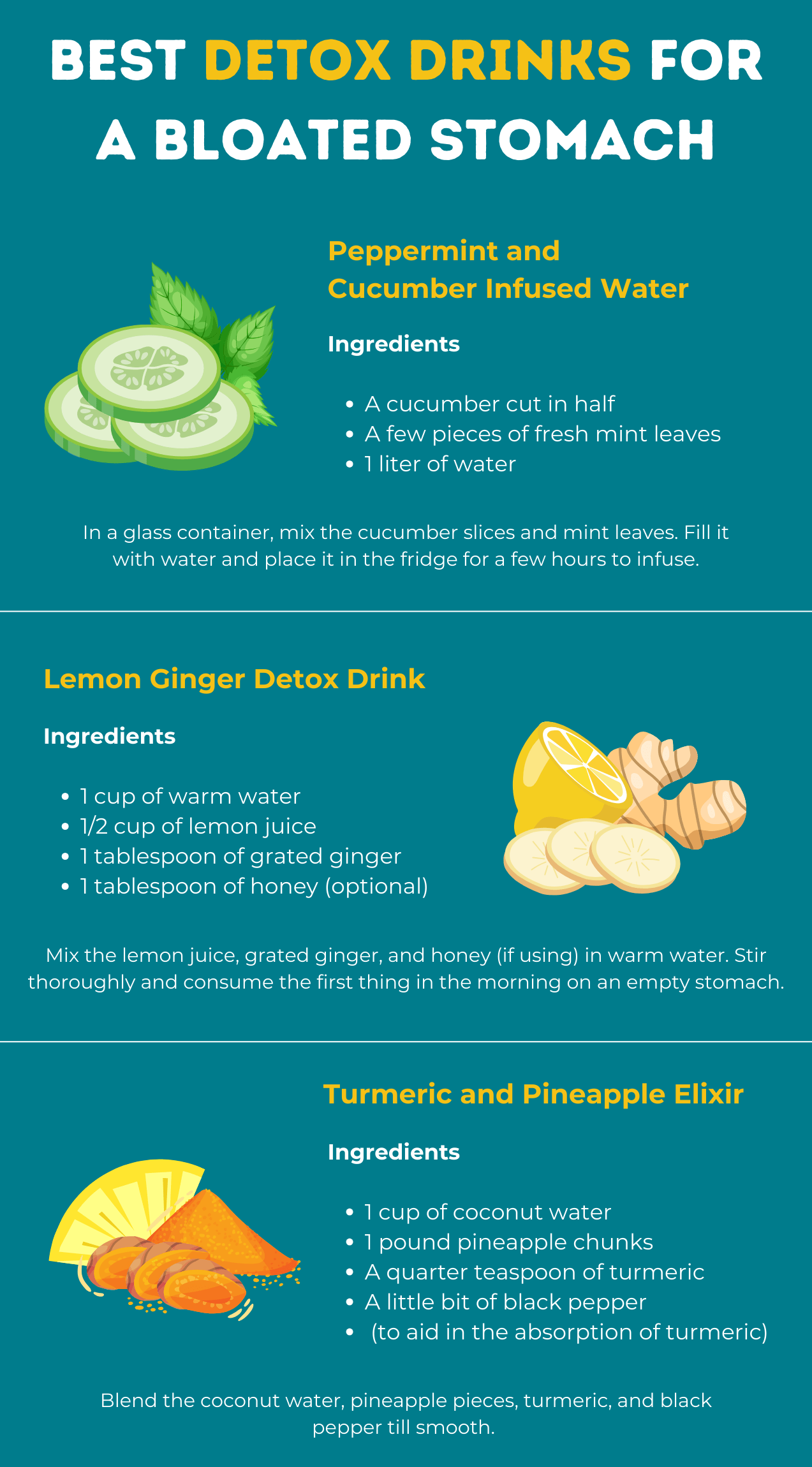
4. Try Using Probiotics
Experts widely regard probiotics as one of the most effective treatments for bloating and general digestive wellness. These living microorganisms, also known as “good” bacteria, help maintain a healthy intestinal microbiome, essential for immunity, digestion, and inflammation control.
You can add probiotics to your diet via fermented foods such as yogurt, kefir, sauerkraut, kimchi, and kombucha. On the other hand, after speaking to a healthcare practitioner, you might choose excellent quality probiotic supplements. Look for different kinds known for their digestive benefits, such as Lactobacillus and Bifidobacterium, and bag yourself the best detox for a bloated stomach.
PureHealth Research Gut Wellness Formula
Modern diets, filled with chemicals from processed foods and high-fiber ingredients, can sometimes strain our gastrointestinal system. Chronic bloating symptoms can be an unwelcome consequence of these dietary choices.
Thankfully, the team at PureHealth Research has got you covered, thanks to their Gut Wellness Formula. This all-inclusive solution addresses toxins in the gut, offering comfort from both acute and chronic digestive challenges with its blend of five potent bioactive ingredients:
Zeolite: Think of Zeolite as a meticulous custodian for your gut. This ingredient acts as a filter, selectively removing harmful bacteria and other toxins. By filtering out harmful microbes, heavy metals, and other toxins Zeolite naturally supports the growth and balance of beneficial probiotic organisms.
Nigellin (Black Cumin Seed Extract): As a powerful antioxidant, Nigellin brings its own array of benefits, enhancing the overall potency of the formula.
Japanese Knotweed Extract: Rich in resveratrol, Japanese Knotweed not only guards your blood vessels but also combats chronic bowel conditions of the colon and rectum. Gut issues often exacerbate digestive discomfort, making this extract particularly valuable in stomach bloating.
Grape Seed Extract: This ingredient collaborates seamlessly with resveratrol from Japanese Knotweed, forming a potent duo. Together, they work to balance digestion, reduce immune-related bowel problems, and help remove harmful bacterial toxins from the gut.
Chlorella Powder: Acting as a detoxifying agent, Chlorella Powder effectively cleanses foodborne toxins, further fortifying the digestive system.
In conclusion, the Gut Wellness Formula, recommended by Dr. Holly Lucille, ND, offers a well-rounded approach, with every ingredient meticulously chosen for its distinct benefit to digestive health.
Final Thoughts
Reducing bloating and boosting digestive well-being necessitates a holistic approach that includes tried-and-true techniques such as using detox supplements. While our systems can detox on their own, there are techniques to speed up the process. If you are suffering from bloating, the methods listed above are just a few options available.
Remember that these techniques work together to improve gut health and that individual responses might differ. It is best to talk to a healthcare practitioner to ensure adequate management and rule out any underlying medical concerns, especially if the bloating persists.
Processed foods, salty snacks, sugary drinks, carbonated beverages, dairy, greasy foods, artificial sweeteners, gas-inducing veggies (broccoli, cabbage), and legumes (beans, lentils).
Some supplements, like PureHealth Research Gut Detox Wellness, can help cleanse the gut and improve digestion. However, it’s important to talk to your doctor before taking any new supplements.
If bloating is severe, persistent, or accompanied by other symptoms like abdominal pain, changes in bowel habits, or unexplained weight loss.
Popular Articles
Advertisement. This site offers health, wellness, fitness and nutritional information and is designed for educational purposes only. You should not rely on this information as a substitute for, nor does it replace, professional medical advice, diagnosis, or treatment. If you have any concerns or questions about your health, you should always consult with a physician or other health-care professional. Do not disregard, avoid or delay obtaining medical or health related advice from your health-care professional because of something you may have read on this site. The use of any information provided on this site is solely at your own risk.
